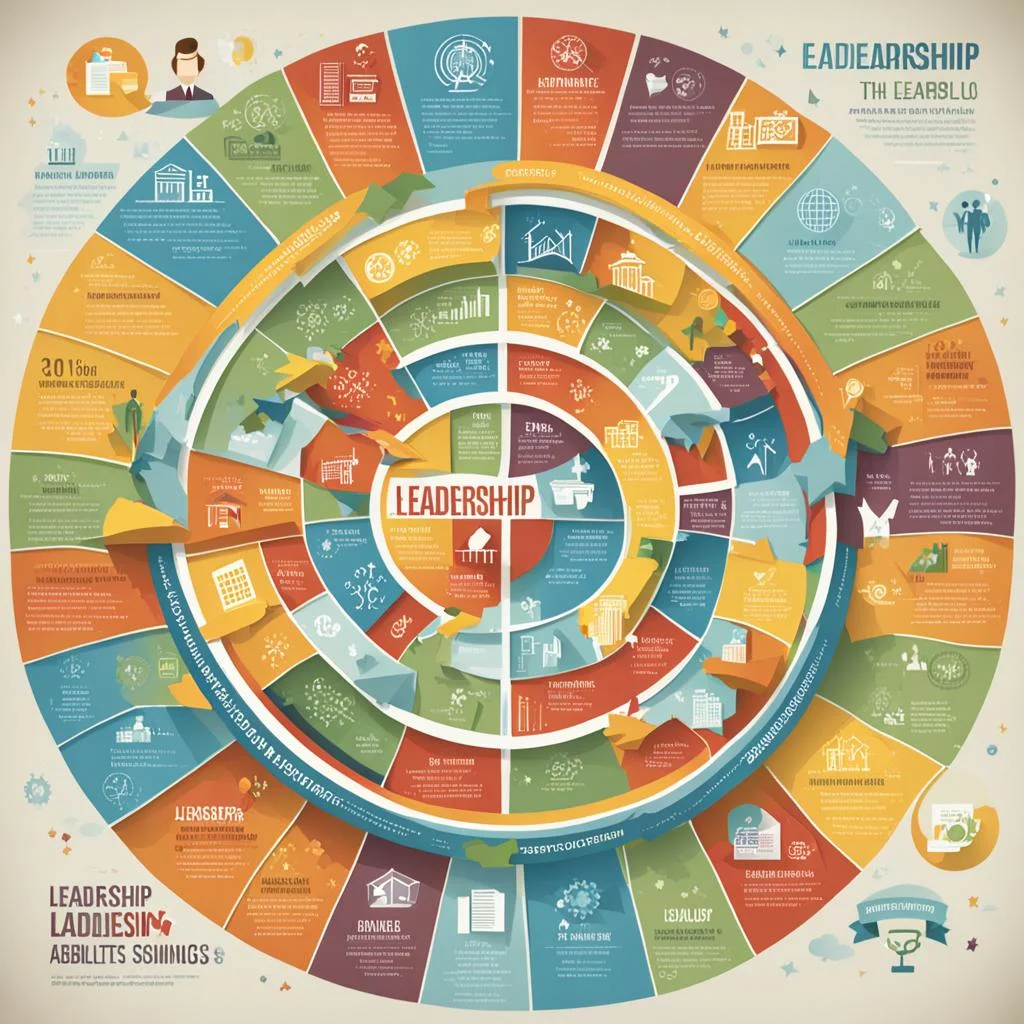Essential Abilities for Effective Leaders
Leadership is more than a title or a position; it is a complex mix of skills, characteristics and actions that inspire others to follow and achieve common goals. In the evolving landscape of the modern world effective leadership is dynamic and adaptable. It requires certain core abilities that can be cultivated and refined over time. This article explores the quintessential leadership abilities that are imperative for anyone aspiring to lead effectively in any sphere of life.
1. Visionary Thinking:
Every exceptional leader begins with a clear vision. The ability to visualize the desired future state, set strategic goals and articulate this vision compellingly to others is crucial. A leader's vision provides direction and inspires team members to work towards a shared mission.
2. Emotional Intelligence (EQ):
Leadership isn't just about intellectual prowess; emotional intelligence plays an equally significant role. The ability to understand and manage your emotions and those of others leads to better decision making, conflict resolution and team dynamics. High EQ allows leaders to create a work environment that fosters trust and respect.
3. Effective Communication:
Communication is the cornerstone of leadership. Being able to convey ideas clearly, listen actively and provide constructive feedback helps in aligning team efforts and building strong relationships. Leaders must also be adept at various forms of communication including one on one team settings and large public speaking events.
4. Adaptability:
The only constant in life is change. Leaders who can adapt to changing circumstances and encourage flexibility within their teams are better equipped to navigate challenges and seize opportunities. Adaptability also involves the willingness to learn and update one's leadership style and strategies as needed.
5. Decisiveness:
Making decisions can be tough but it is a fundamental part of leadership. Effective leaders are decisive; they gather the necessary information, weigh the options and make choices even in the face of uncertainty. They also stand by their decisions and take responsibility for the outcomes.
6. Integrity:
Integrity is the bedrock of a leader's credibility. Leaders who act with honesty, fairness and ethical principles earn the trust and loyalty of their teams. They lead by example demonstrating the values and behaviors they expect from others.
7. Collaboration and Delegation:
No leader is an island. Successful leadership involves recognizing the strengths of others and fostering collaboration. Delegating tasks is not a sign of weakness but a recognition of the team's capabilities and it empowers others to take ownership and develop their skills.
8. Resilience and Persistence:
Leadership often involves navigating setbacks and failures. Resilience allows leaders to bounce back and persist in the face of adversity. This tenacity sends a powerful message to the team encouraging a culture where challenges are approached as opportunities for growth and learning.
9. Continuous Learning:
The best leaders are lifelong learners. They stay curious, seek feedback and are open to new ideas. By constantly expanding their knowledge and skills leaders can continuously improve and stay relevant in an ever changing world.
Leadership abilities are not innate traits that some are born with; they can be acquired, honed and perfected over time. Whether in the boardroom on the sports field or within a community, effective leaders are those who continually work on developing these abilities. They understand that leadership is an art, a practice where there is always room for improvement. By focusing on these essential abilities potential leaders can ensure they're well equipped to lead others to success and leave a positive lasting impact.

